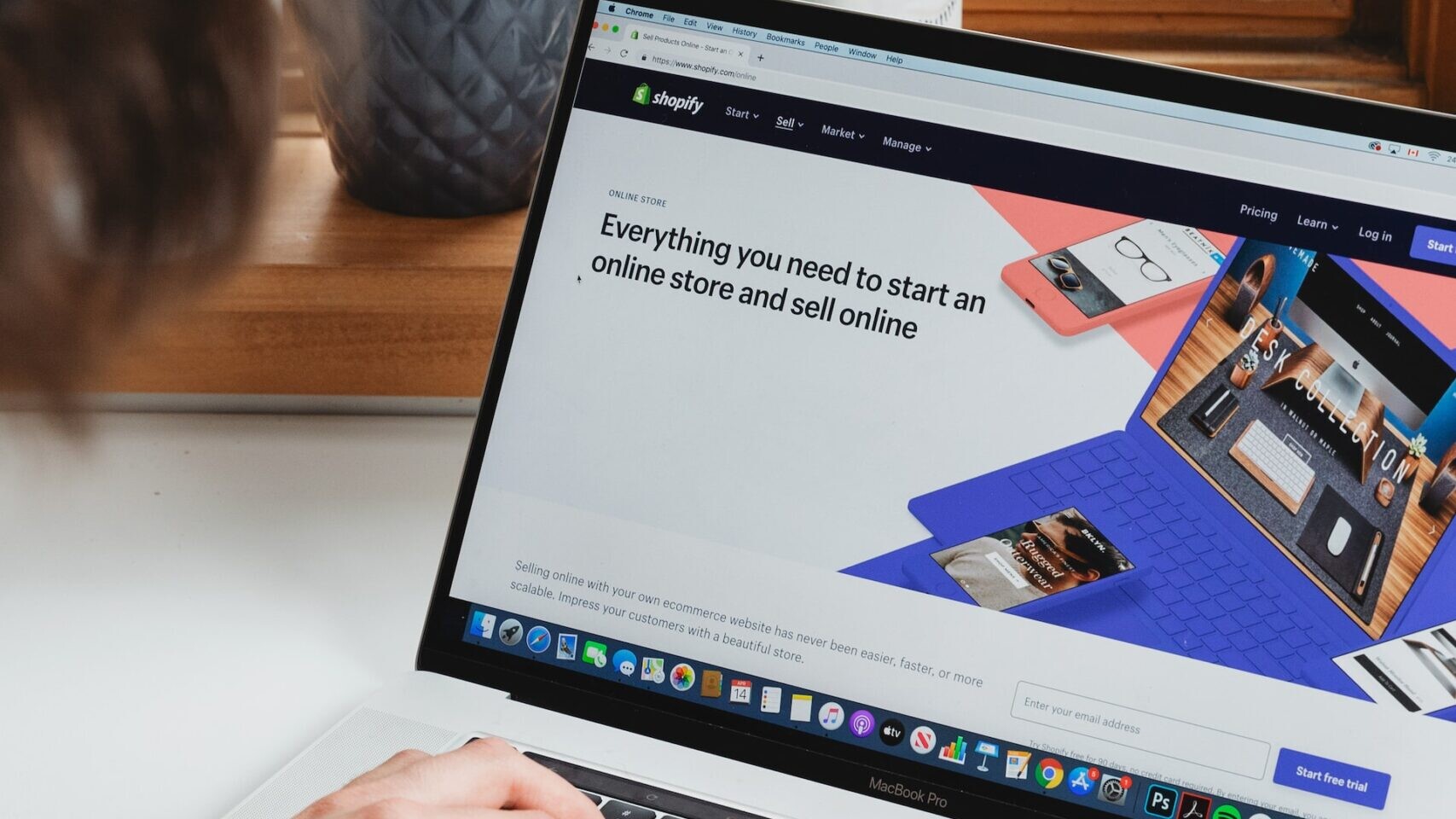How a URL Can Affect A Website Usability
Often overlooked because they aren’t the biggest ranking factor used by search engines, the structure of URLs can have a major impact on a website’s SEO and usability factors. The keywords within a URL are much more than just a location tool. URLs are relevant to both the user and search engines; URLs help assess and describe what each page on a site is about and what kind of product or services it provides. The better the URL optimization, the higher it will rank in organic search engine results.
While a great deal of thought may be put into the main URL of a website, the inner pages are very important to give thought to in terms of usability. Many times, for these pages – a URL is automatically generated that can easily be optimized to serve the site and its visitors better.
Awareness of the pitfalls that a URL can fall into and following a few tips to optimize usability can lead to increased conversion and heightened visibility.
Start Making Sense
- Unless a page isn’t loading, there is no reason that a site visitor should be brought to an Error 404 page. Redirect any inactive pages to the content relevant to the search or a directory of other pages that may be useful.
- Avoid URLs that may look like spam or are too leading. Conduct an ‘expectancy test’ to determine what a user thinks would be on the page based on its title without seeing the actual content on the page.
- Users should be able to understand what information the URL will direct to. Like writing for a content strategy, URLs should be given as much thought as page content.
- Ensure the URL is easy to remember and simple to type in without much thought or reference.
Develop a Structure
- Avoid long or over complicated URLs; keep them short and simple.
- Links and file names should begin with the most important content on the page. Foretold with the URL with a tile, filename or heading.
- Use Descriptors that are relevant to the content of the page.
- Separate Words with hyphens instead of underscores (underscores are used to bind words together).
- URLs must be all lowercase.
- Cut down on using filler or ‘stop’ words such as: and, the, but, for. If they are part of a trademark or help to clarify a subject, keep them, but it’s best to edit them to avoid these usually unnecessary words.
Optimize for SEO
- The better the URL usability optimization, the higher it will rank in organic search engine results.
- Create an architectural structure for all pages to help the search engines classify all content available, beginning with the root or homepage.
- Use punctuation.
Aside from traditional marketing and social media outlets, optimizing URLs is one of the most effective ways to get content noticed by interested users and search engines. Putting in the time to optimize this often overlooked content can be critical to growing a company’s user base and increasing market share.
Related Articles
Navigating Usability Testing for Effective UX Design
June 19, 2024
The Future of User Experience
March 18, 2023



